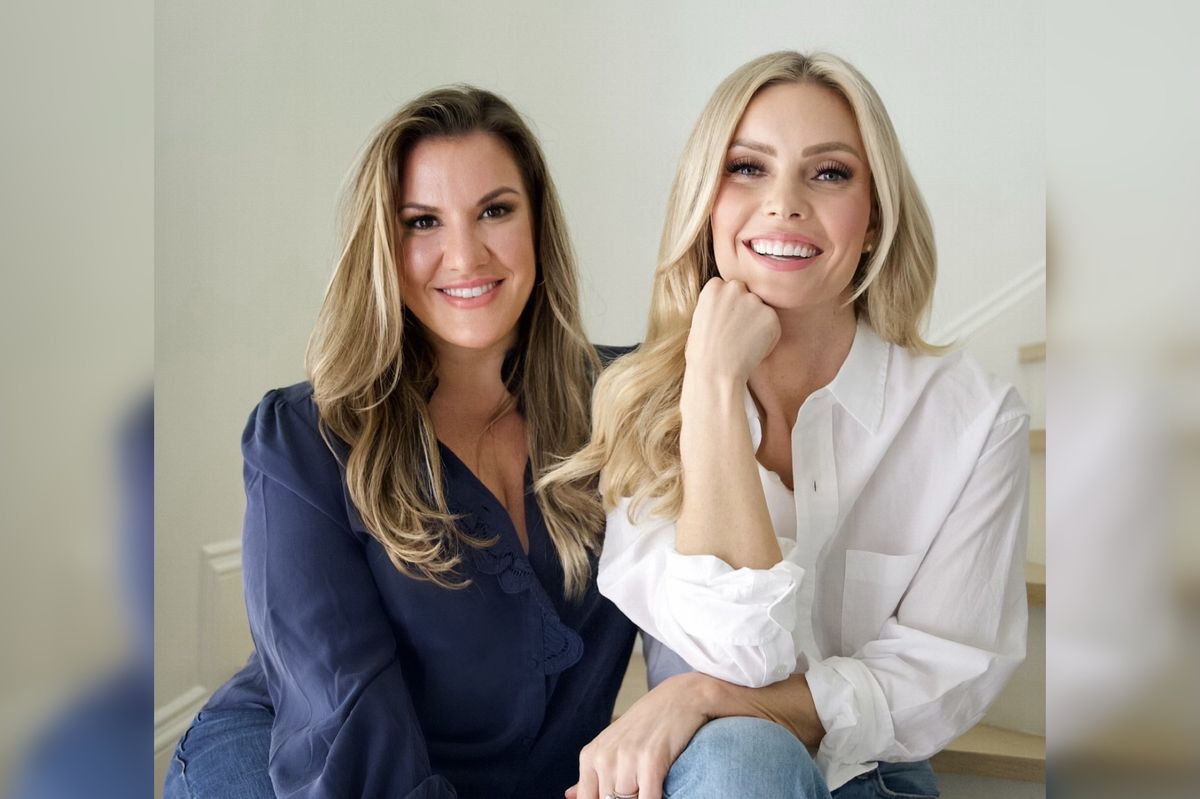Houston fitness entrepreneur serves up smart baby gear line
betting on bibs
Ashley Gooch has taken her entrepreneurial spirit from the fitness studio to the finger foods.
The Houston-based founder of high-end cycling studio RYDE and mom of three has launched a new baby gear brand, Babynetic. The company debuted its first product this month: the Babynetic bib.
Using a patented magnetic closure, the colorful platinum-grade silicone bibs are designed to snap and stay secured while holding up to four pounds of food. The snap is intended to be easy for parents to use, but more difficult for messy little hands to remove without assistance.
Thanks to their magnetic snap, the bibs can also be stored or hung on the fridge or dishwasher for easy access for busy parents and caregivers. The smooth silicone (free of BPA, BPS, phthalate and PVC) is intended to be easy to wipe down and clean and comes in a variety of bold fruit-inspired colors.
The product was born out of necessity for Gooch and her Austin-based business partner and fellow mom Jennifer Zimmer. The duo met while attending Texas A&M University. Zimmer currently works full-time as a customer success manager for the Central South region at California-based software development firm Workday, according to her LinkedIn.
“As busy moms ourselves juggling careers and with five kids between us, we needed baby gear we could rely on,” Gooch said in a statement.
“All of our kids could pull of their bibs at mealtime,” Zimmer added.
Gooch and Zimmer worked with product Los Angeles-based full-stack produce development company Mvnifest to prototype and build the line. Mvnifest was launched by Samantha Rose, founder and CEO of Sorry Robots, who got her start designing a silicone kitchen spatula, eventually growing into a full line of kitchen tools known as the brand GIR.
Babynetic is currently taking orders for the Babynetic bibs on its website, and shipping began last week on April 24. By Spring 2025, the team aims to release baby onesies that feature their patented magnetic closure.
“We wanted people to use Babynetic products and think, ‘This is so much better,’” Gooch said.


 Apple doubles down on Houston with new production facility, training center Photo courtesy Apple.
Apple doubles down on Houston with new production facility, training center Photo courtesy Apple.